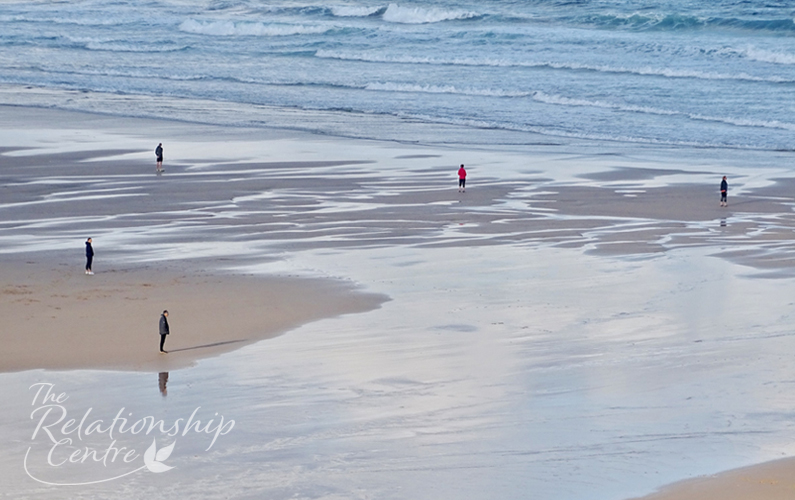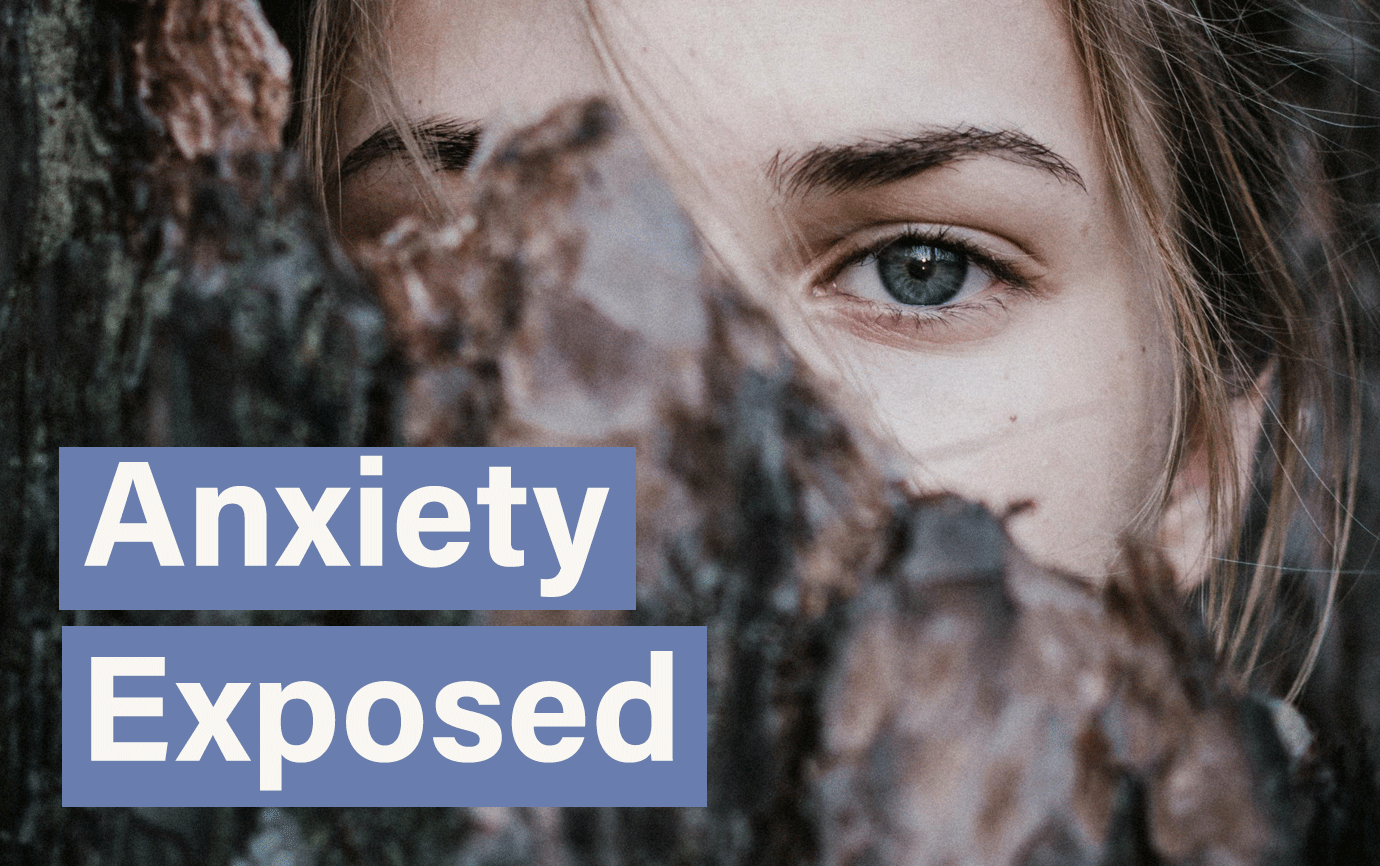Currently, we are a world that is sharing a collective emotional experience. We feel a profound sense of loss of our way of life and our roles and routines that created a sense of normalcy as we have come face to face with a pandemic. We are afraid for our health, our income, our jobs, our parents and grandparents, our children, our future and our ability to recover. The world will be different and the future feels uncertain.
Understanding this collective experience as a grief response may be helpful in guiding our efforts as we move forward.
We often think about grief in response to death. However, grief can occur when we experience any kind of loss including: loss of health due to illness; loss of relationship due to separation or divorce; loss of a beloved pet; retirement ; selling of the family home or the loss of an important goal or dream.
Understanding the stages of grief can be helpful. Keep in mind the stages of grief are not linear and they may not happen in this order, however it can provide a framework that is helpful in understanding it.
First there is denial, when we say “this won’t be that bad, this virus won’t really affect us.”
There is anger, when we are upset to be told we have to stay at home, we can’t continue our normal routines and activities. We say to ourselves, “I don’t care what they are declaring; I am going to hang out with my friends.”
There is bargaining, when we say “okay, I will participate in social distancing for two weeks and then we can back to normal, right?”
There is sadness, when we think about not knowing when this will end.
And finally there is acceptance, when we understand that this is really happening and we have to figure out how to move forward.
Acceptance is where power lies. We stop denying and feeling angry. We surrender to this new reality, which allows us to find a new sense of control. We begin to look at what we can do: I can wash my hands. I can keep a safe distance. I can learn to work virtually. I can apply for the programs made available now to help me get by.
During the grief process, especially related to the pandemic, it is common to experience a physical heaviness and a racing mind. Here are some techniques to make those experiences feel less intense.
Name the feeling – when you name it, you feel it and you move through it. Emotions need motion. It is important you acknowledge what you are feeling and give yourself space to feel it.
Share what you are feeling – letting someone you trust know how you are feeling allows you not to be alone with it. This helps more than you might realize.
Let go of what you cannot control – recognize what your neighbour or friends do is out of your control. What is in your control is staying six feet away and washing your hands. Focus on that.
Come into the present
When grief has your mind living in the past over what is lost, or the future that feels scary and unknown, bring yourself into the present. Name five things in your room. There is a computer, a chair, a picture of my family, a glass of water and a plant. It is that simple. Breathe. Realize that in the present moment, you are okay. You have food. You are not sick. Use your senses and think about what they are experiencing. The chair is firm. I hear the radio in the background. I smell dinner cooking. I see the trees through the window. This really helps to dampen some of the difficult sensations.
Stock up on compassion, for yourself and others.
Fear and uncertainty can manifest in different ways for different people. So be patient with yourself and those around you – reminding yourself that everyone is doing their best to cope with something they have never experienced before.
Understand the grief you are feeling is normal. Allow yourself to feel it. This will help you find a new sense of emotional balance on the other side of this experience.
by: Mary Joan Brinson MSW, RSW










